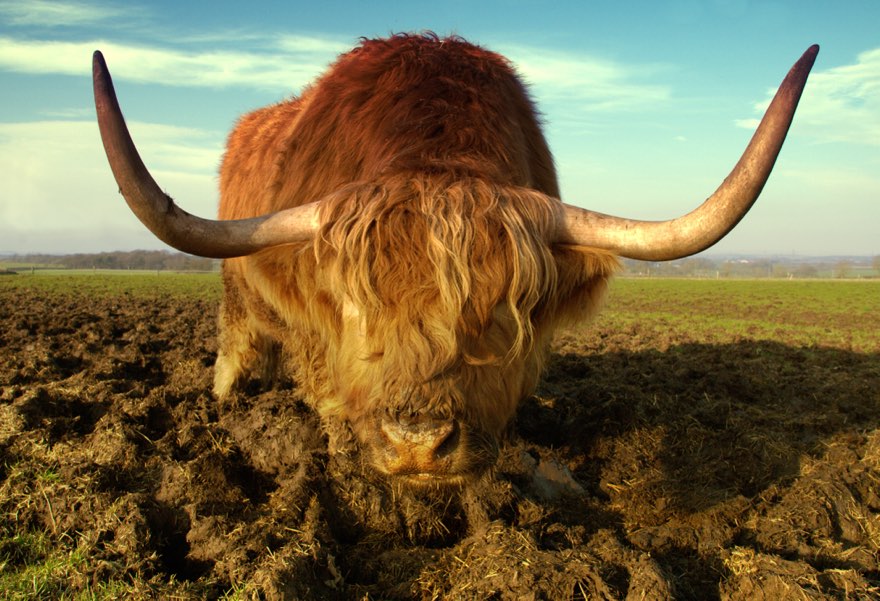Climate-Friendly Beef: Long-Term Assessment of Methane Inhibitors PhD Opportunity

Climate-Friendly Beef: Long-Term Assessment of Methane Inhibitors PhD Opportunity
Lead supervisor: Dr Katerina Theodoridou, School of Biological Science, Queen's University Belfast
Email: k.theodoridou@qub.ac.uk
Co-supervisors: Professor Sokratis Stergiadis, School of Agriculture, Policy and Development, Department of Animal Sciences, University of Reading, Dr Omar Carballo, AFBI, and Professor Sharon Huws, School of Biological Science, Queen’s University Belfast.
Project Description: Livestock contributes 30% of methane released into the atmosphere, more than any other single zsource. The UK Committee on Climate Change (2020) has recommended a 64% reduction in greenhouse gas emissions, as necessary, to meet the 2050 targets. At the same time, the Food and Agriculture Organisation has projected that the demand for red meat will continue to increase at the rate of ~1.5% per year to meet a growing population and rising living standards in developing countries. Methane-suppressing feed products commercially available (e.g., 3NOP, nitrate additives) are key policies for achieving full UK decarbonization by 2050, as outlined in the Carbon Budget Delivery Plan.
However, their long-term effect on animal performance; ruminal microbiome; and carcass quality is not known and at the same time needs to be adopted as technologies to reduce farm-gate emissions by kg of beef. This project aims to address these gaps of knowledge in growing and finalizing beef cattle. This project targets the entire life cycle of beef cattle, from the last third of gestation in the dam to birth and the finishing period, aiming to improve environmental sustainability in beef and dairy-origin beef production by reducing emissions. The key research question is: what are the effects of long-
term MSA, alone or combined, to dairy-origin beef cattle on performance, methane emissions, rumen microbiome, and carcass quality? The project will utilise in vitro screening to select the most potent inhibitors and their combinations for animal trials and generate prediction models to quantify methane emissions in beef production systems in a whole production cycle.
Research objectives and methods:
(1) Continuous gastrointestinal tract model: In vitro screening to select the best commercial MSA and their combinations (supplementary effect) at different dietary conditions.
(2) Long-term study in animals: Evaluate the long-term impacts of MSA on dairy-origin beef animals using the selected feed additives and/or their combinations (in vitro study 1).
3) Modelling to quantify methane emissions. a) Develop prediction models to quantify methane emission factors in beef and dairy-origin beef production systems in a whole production cycle. b) Modelling to quantify reduction rates in methane emissions in beef and dairy-origin beef cattle fed MSA in a whole production cycle.
